The first black principal in a US orchestra
RIPElayne Jones’s mother wantd to be a concert pianist but could only find work as a maid.
Her daughter won a Duke Ellington Scholarship in 1945 and went to Juilliard to study with the New York Philharmonic percussionist, Saul Goodman. Fritz Reiner conducted her in Brahms’s first symphony.
In 1972 she won the position of principal timpanist in the San Francisco Symphony. Three years later, she was refused tenure. She sued for racial discrimination, and lost. For the next 20 years, she played principal timpani in the San Francisco Opera Orchestra.
Elayne Jones died this past weekend at her home in Walnut Creek, California. She was 94.
Read her life story here.

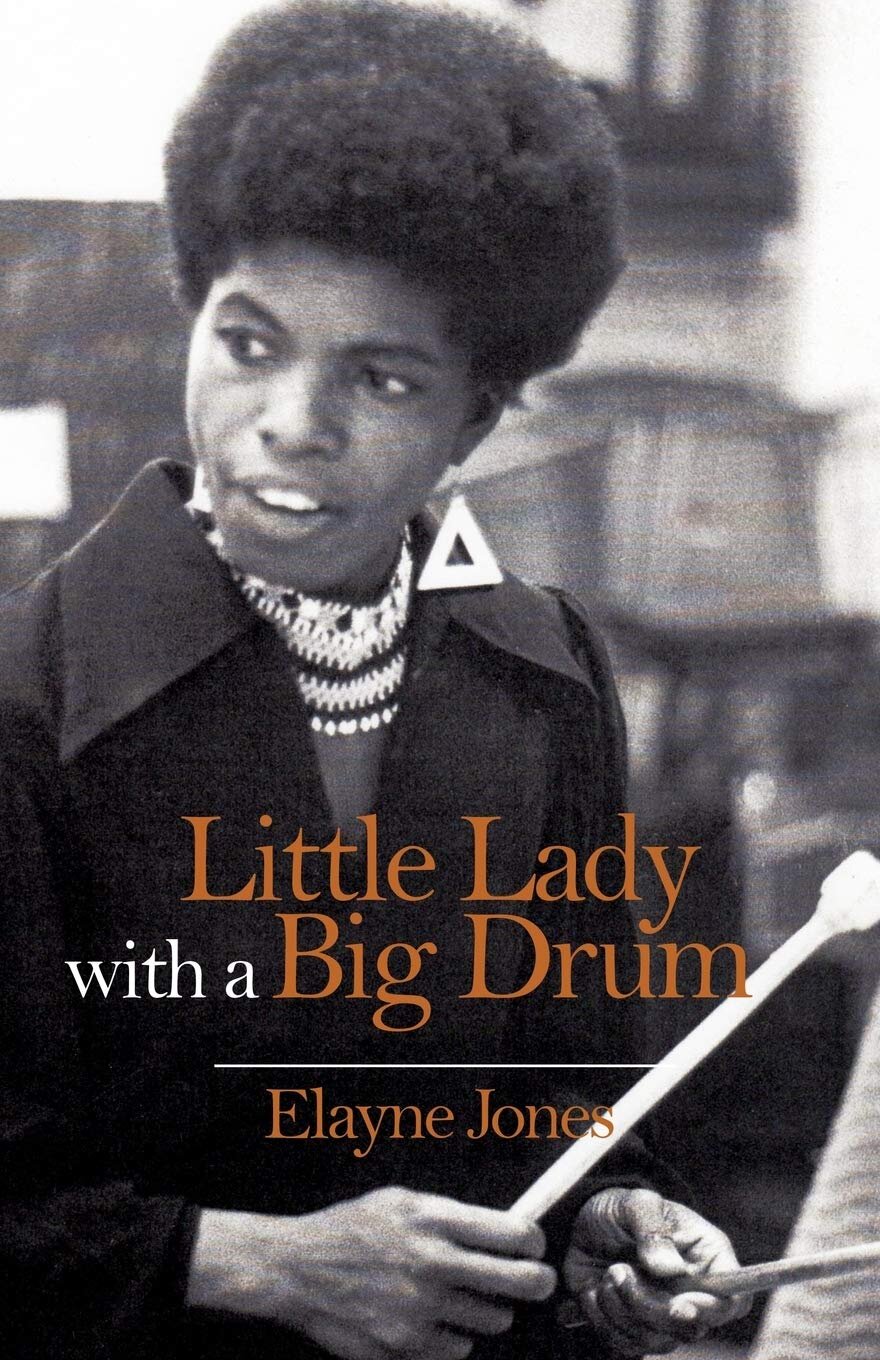
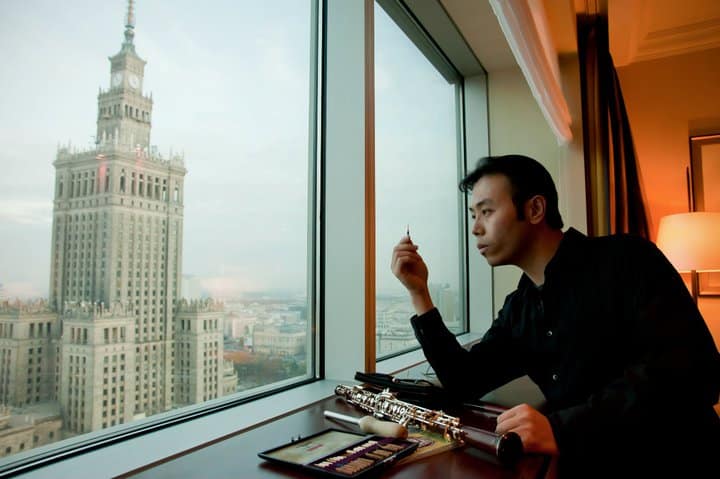
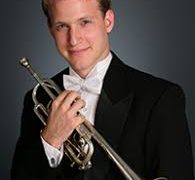
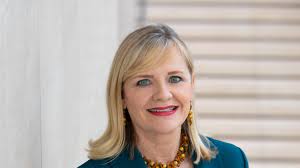
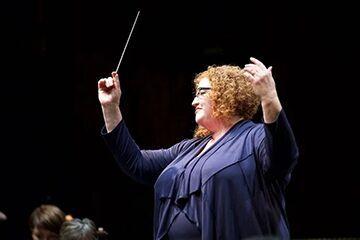
Important to never forget also the importance of André Watts in piano. I have seen a video of him with the BSO and Ozawa from the mid 70’s. it was great. Outside of the US he didn’t have the carrer he deserve in Europe.
André Watts made a splashy début at sixteen with Bernstein and the NYP which earned him a contract with Columbia Masterworks, which had him record some of the old concerto warhorses (Tchaikovsky 1, Rach 3, etc) but after that CBS didn’t know what to do with him. He did record a fine album of Gershwin in the ‘70’s which merits a listen. A sadly underrated pianist and an ebullient performer.
On Youtube there’s a Saint-Saens concerto to watch from the 70’s
Yes, one of his eight concerti. Oh, forgot MacDowell . Nine.
On the subject of André Watts, Tom, I hope you are aware of and have his CBS/Sony CD of his Tokyo recital: Scarlatti, Haydn, Brahms, Ravel, Debussy. I think it is his finest commercial recording.
Smiling Larry beat me to it in mentioning Elayne Jones and Stokowski’s Béla Bartók recording. What a pity it was just a couple of years too early for stereo, but it is one of the better sounding RCA Victor monaural LPs. I do recall reading that in her battle with the San Francisco Symphony, Stokowski attempted to assist with testimonials as to her abilities.
I never really thought much about what kind of career he has had in Europe, but he was generally pretty busy in his peak years; back in 2000 I analyzed the programs of the top 20 or so U.S. orchestras and he was the most frequent piano soloist, along with Garrick Ohlsson and Jon Kimura Parker. But he never seemed to have a huge recording career; of course today nobody does.
The story goes that after Watt’s first performance with the Chicago Symphony, one of the old timers, no doubt meaning well, told him “You are a credit to your race.” Watts, who had a Hungarian mother and a Black father, reportedly said “Thank you! Which one?”
Around the mid-70s, as a teenager, I regularly took the train to Lübeck (about 30 minutes) to hear the local symphony orchestra on Sunday mornings – not knowing much about music yet, but loving and learning. In one of these concerts André Watts played the Tchaikovsky b-minor. That was the first time I heard a world class artist, and I was absolutely stunned. Everything was so much better than “normal” concerts were, and it was clearly somehow (but how?) related to the fellow sitting at the piano. I was touched to the core and I will never forget that moment. Before, I did not know that moments like this were even possible, and this is not exaggerating. Thank you, André Watts.
I recall him discussing a concert he gave in Europe of Schubert and Gershwin. He indicated that when he proposed the pairing it was met with resistance until someone decided that playing 2 composers of songs was acceptable.
Ms. Jones was Principal Timpanist in both orchestras not Principal Percussion
All the way back in 1952, Stokowski put Elayne Jones’s name on the FRONT cover of an album, for Bartok’s Concerto for Two Pianos, Percussion and Orchestra. He later used her in his American Symphony Orchestra throughout the 1960s.
I had no idea Stokowski had ever recorded that work. Is it available on a CD, or can one find an old LP of it? Any info would be appreciated.
It’s on Internet Archive, Barry (or was a couple months ago), free to download.
Hi, it was an RCA disc, with the Roger Goeb Symphony No. 3 on the other side. Brave programming for 1952, hmm? The Bartok has been re-released on CD by Pristineclassical, now accompanied by contemporaneous Stokowski recordings of Verklärte Nacht (“Stokowski Symphony Orchestra”) and Morton Gould’s Dance Variations (San Francisco Symphony). Enjoy!
Amazon has it for “streaming.” (Evidently, the lady’s not for buying.)
No disrespect to Ms. Jones, a wonderful musician, to be sure but let’s also acknowledge Ann Hobson Pilot, harpist with the Boston Symphony. I think she first started as assistant principal, then was later promoted.
editorial: Elayne Jones’s mother wantd to be
She was an absolutely wonderful player, with a superb sense of rhythm, timing and drama. I always thought it was a blessing in disguise that Elayne didn’t get tenure at the SF Symphony (of course she didn’t agree with me), as she turned out to be such a great long-term asset to the Opera orchestra.
The contemporary rumor about her tenure refusal was that Ozawa was racist – at the same time, the SFS also refused tenure to a black bassoonist, Rufus Olivier. Despite the fact that she lost her discrimination case, that’s what everyone on the scene who I spoke about it with believed. (Elayne herself, always gracious, never mentioned a word to me about the rumor.)
I studied timpani with her at SF Conservatory. She was quite warm and friendly, gentle and soft-spoken, and was always providing me valuable musical insights that she had learned from her teacher Saul Goodman, and which she had picked up from years of working with Stokowski.
I took my actual lessons with her not at the old Conservatory on Ortega, but at her home in the Diamond Heights area of San Francisco, where she was always a welcoming host, and sometimes, if it happened to be the appropriate time of day, would make me a sandwich and regale me with stories about Saul and Stokie.
See you on the other side, dear Elayne.
I don’t believe it’s correct that Rufus was denied tenure by SFS. My recollection was that he left the assistant principal position there to become principal in the opera orchestra when SFS moved into Davies and SF Opera could hire a full-time orchestra.
Davies Hall was built during the de Waart era – that’s when the SF Opera Orchestra was made full-time. Those musicians who played in both the Opera and Symphony then had to make a choice.
But although my memory is not what it once was, the Olivier story (to the best of my recollection) is how I related it.
I remember my surprise when I first noticed her at a SF Symphony concert. I can’t remember the music, I think Ozawa came out and played something on a toy piano. Having played percussion in school and with community orchestras, my eye was always on the back of the orchestra. Noticing her behind the tympani, my first reaction was – is she just there for show? I do remember being convinced by the end of the concert that she was really good, and wondered which was the bigger breakthrough, being female or being black. I’m sure I was among many who were stunned that she wasn’t offered tenure.
That would be the Cage sonata, all 8 minutes of it. Good for him, didn’t know this happened.
Unfair times. In some of today’s auditions, she would be given tenure over better candidates…. Unfair times……Nina Simone was denied a classical pianist career…..We are in a paradoxical way blessed she was….
She won the audition blind – so was deemed the best candidate;
what’s your point? Tenure generally is about having proved you’ve done the done well and fit in; there’s no “better candidate” involved.
Although not a major orchestra at that time, the Puerto Rico Symphony Orchestra (PRSO), established by none other than Pau Casals, had in 1959 a Puertorrican concertmaster, trained in Europe, descendant -on his mother’s side (Ettinger)- of Dutch immigrant Jews living on this island from around the mid-nineteenth century. Appointed personally by Don Pablo, José “Pepito” and his brother, Jaime “Kachiro” Figueroa (himself a winner in the 1930s of the “Premio Extraordinario Sarasate” in Madrid) held the first stand of this orchestra’s violin section until their retirement in the 1990s. They were siblings of Puerto Rico’s world-class musical dynasty, celebrated with a massive Carnegie Hall event in 1981. Presently, Figueroa descendants occupy positions in the Met Orchestra: Rafael Figueroa is Principal Cellist while his brother Narciso plays in the first violins. Cousin Guillermo, another formidable violinist, has morphed into a respected orchestral conductor. In closing, I believe it is worthy of mention that the PRSO had three black Principal players, this in the final three decades of the twentieth century: Dr. Orlando Cora-Zeppenfeldt, Trumpet (a descendant of German immigrants in Puerto Rico), Mr. Frederick King, Timpanist, and Mr. Federico Silva, Principal Bassist.
While playing in NYC before her SF life, Elayne was also a Local 802 activist. BTW, Saul Goodman was the NYP’s timpanist and one of two percussion teachers @ Juilliard – the other was NBC staffer Moe Goldenberg.